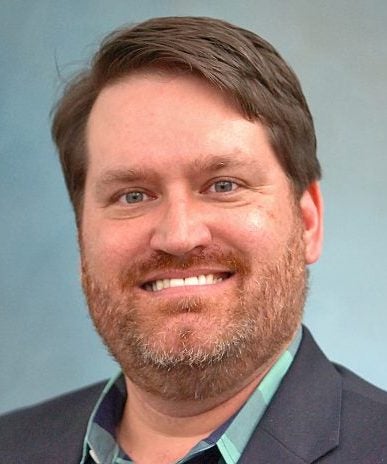A little skepticism can go a long way
Published 8:12 pm Saturday, November 26, 2016

- Mike Caldwell
The story reads like something from a spy thriller.
Vodka-drinking Russians huddled together in a smoke-filled basement furiously tapping away at their computer keyboards, like every key stroke strikes a small but direct blow against democracy. The maniacal laughter reverberating all the way to the Kremlin.
OK, so it is probably not exactly like that but no one knows for sure after a recent Washington Post article detailed the efforts of a Russian-led initiative to generate “fake news” to impact our election and our country.
“Russia’s increasingly sophisticated propaganda machinery — including thousands of botnets, teams of paid human ‘trolls’ and networks of websites and social-media accounts — echoed and amplified right-wing sites across the Internet as they portrayed Clinton as a criminal hiding potentially fatal health problems and preparing to hand control of the nation to a shadowy cabal of global financiers,” according to the Post article. “The effort also sought to heighten the appearance of international tensions and promote fear of looming hostilities with nuclear-armed Russia.”
The research the article was based on identified more than 200 websites as routine sources of Russian propaganda during the election season. These sites have a combined audience of at least 15 million Americans. The research firm estimates that stories on Facebook that were planted or promoted by the disinformation campaign reached more than 213 million people.
What was the point of all the subterfuge? According to the Post report, it is about reviving long-running hostilities between our countries.
“They want to essentially erode faith in the U.S. government or U.S. government interests,” Clint Watts, a fellow at the Foreign Policy Research Institute who along with two other researchers has tracked Russian propaganda since 2014, said in the article. “This was their standard mode during the Cold War. The problem is that this was hard to do before social media.”
For years, many people have questioned the veracity of much of the news on the Internet and social media. It only took a few celebrity death hoaxes and false headlines for people to start to take their information with a grain of salt, but I do not think anyone really imagined it could go this far.
Did this propaganda alter the results of the election? Probably not, but it is difficult to gauge exactly how much of an impact it did make on our country.
Google, Facebook and Twitter have each vowed to do more to stop fake news sharing, but at the end of the day it comes down to everyone doing their own part.
Think about what you are reading. Verify the source before you share it. Seek a second opinion.
A long time ago, someone told me that “a good journalist is always skeptical but never cynical.” That approach can go a long way when it comes to Internet news.
Michael Caldwell is publisher of The Winchester Sun and Winchester Living magazine. He can be reached at (859) 759-0095 or by email at mike.caldwell@winchestersun.com.





